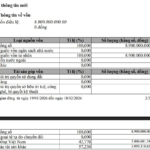Professor Nguyen Mai – Chairman of the Vietnam Association of Foreign Investors (VAFIE) also pointed out important changes in the direction of attracting FDI of Vietnam in general and provinces in particular: “In the past, provinces and cities became ideal destinations for FDI inflows due to geographical advantages and infrastructure. However, recently, the most important thing is administrative reform, innovation in investment promotion and business licensing.”

In 2023, FDI inflows into Vietnam were positive as we attracted over USD 36 billion. According to him, what has led to this outcome?
In 2023, the Vietnamese economy was somewhat affected as the FDI market share decreased due to 3 factors.
Firstly, major countries such as the US, China, Japan, South Korea… have restructured their economy, focusing more on domestic businesses and bringing foreign businesses into the country.
Along with that, the global value chain has been restructured, global conflicts have disrupted supply chains, causing abnormal fluctuations in food prices, raw material prices, and energy prices such as fuel. This has caused international trade to decrease and negatively affected foreign investment.
Finally, countries have started to tighten their outward investment. This does not affect major countries as much, but for developing countries that need to attract FDI like Vietnam, the impact is significant.
Despite this, Vietnam has flexibly adapted to stabilize the macroeconomic landscape and continued to be a bright spot in attracting FDI. In particular, Vietnam is a typical country that, although its income is not high, has responded very swiftly and minimized external impacts, so FDI continues to increase.
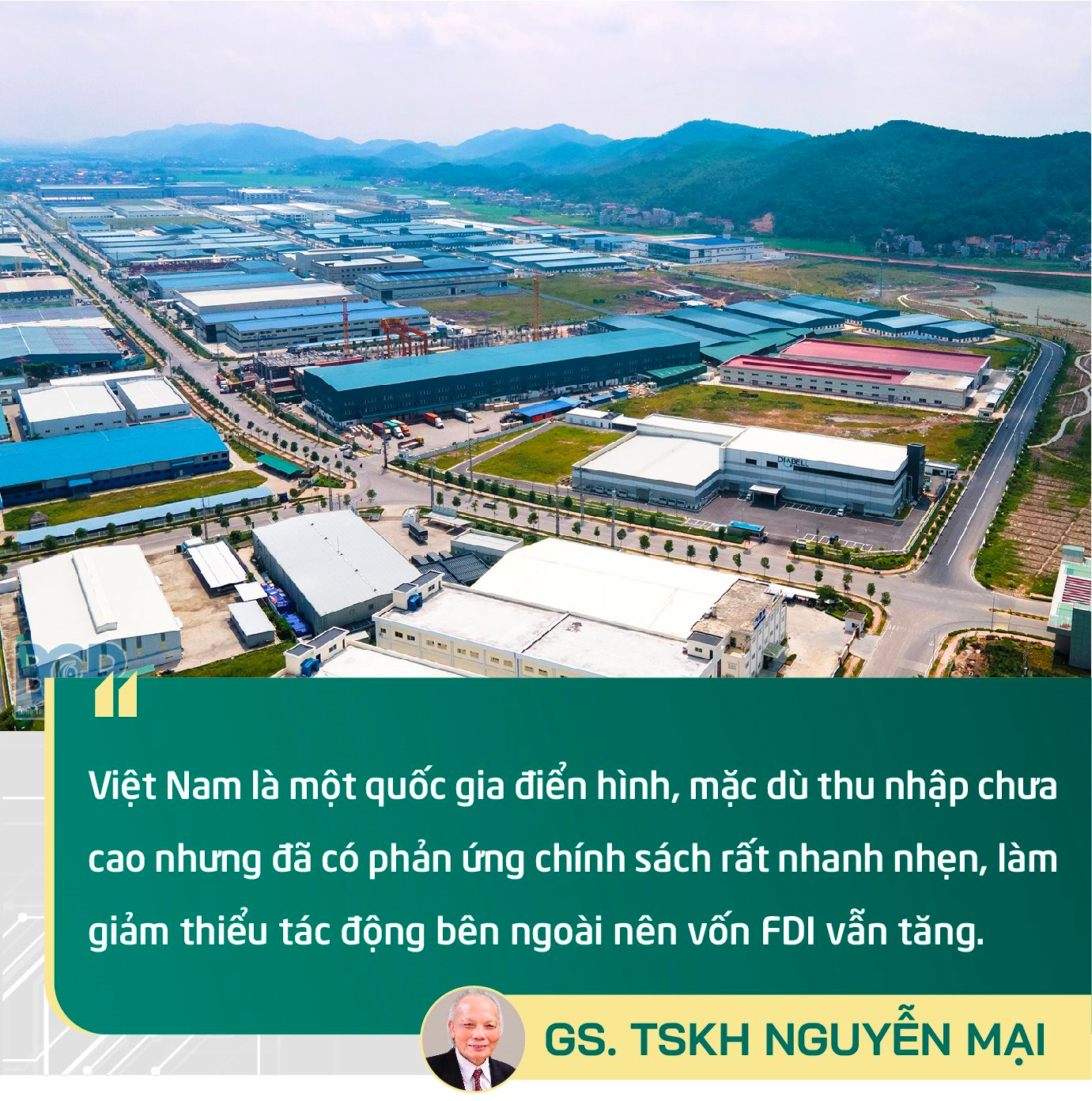
With the right development orientation, Vietnam has outstanding advantages in attracting FDI compared to other countries in the region.
Firstly, Vietnam has political stability. Secondly, good control over macroeconomic factors, low inflation, and high trade surplus. Thirdly, a proper diplomatic strategy, exemplified in 2023 by Vietnam welcoming 28 high-level visits by leaders of other countries, including 2 visits by leaders of China and the US, which were more than 1 month apart. Therefore, it can be said that Vietnam will continue to be an ideal destination for FDI.
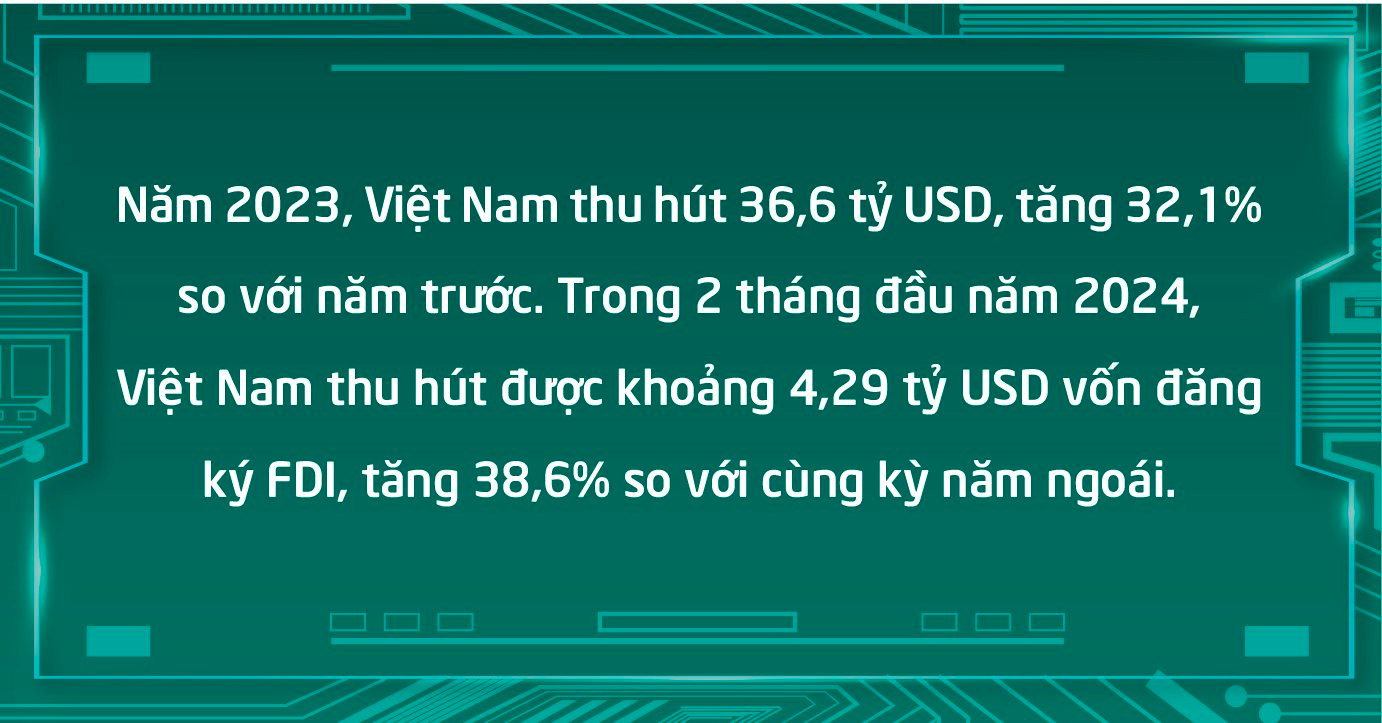

Currently, Vietnam aims to attract high-quality FDI with advanced technology and become the “nest of eagles”. In your opinion, what are the foundations for this goal to become a reality?
Firstly, to attract FDI in the fields of electronics, semiconductors, renewable energy, digital economy, innovation… from global powers, Vietnam must follow global trends. An example of this is how Vietnam quickly adapted to new global mechanisms such as a global minimum tax.
At the end of 2023, the National Assembly passed a resolution on the application of a global minimum tax and entrusted the Government to implement the global minimum tax from January 1, 2024 to fit in with other countries. Currently, Vietnam has a global minimum tax rate of 15% and a national regional minimum tax rate of 6.5%.
In addition, Vietnam is fortunate to possess rare earth elements, which are a supply source for semiconductors – a sector with great potential in the near future. According to the latest announcement by the US Geological Survey, the world has 120 million tons of rare earth reserves, of which China has 44 million tons and Vietnam has 22 million tons.
Finally, an essential element in the strategy of attracting “eagles” is offering attractive policies. Specifically, when applying a global minimum tax, Vietnam will need to provide preferential financial and cost policies to encourage investors to introduce the latest technologies.
Furthermore, currently, many investors are most concerned about some state agencies that do not cause any trouble but do not perform their duties, possibly out of fear of making mistakes or taking responsibility. On the other hand, Vietnam really needs officials who dare to act, dare to take responsibility, dare to innovate, and dare to be creative within the confines of the law. In fact, any innovation within the confines of the regulations is endorsed by the central government.

In order to provide high-quality state experts and officials to serve foreign businesses, a reform of salary takes place in July 2024. Accordingly, the salary may increase significantly to ensure that officials and public servants can live off their salaries.
If you observe more deeply in localities, you will see positive changes that have taken place in recent years. In the past, provinces and cities became ideal destinations for FDI because of their geographical advantages and infrastructure. However, recently, the most important thing is administrative reform and innovation in investment promotion, investment facilitation, and business licensing.
For example, Bac Giang, when having the Foxconn investor from Taiwan with USD 1.5 billion, the province requested the Prime Minister to open a new industrial park promptly. Then, within just 3-4 months, they cleared the site and started the implementation.
Another locality that clearly demonstrates the spirit of innovation in attracting FDI is Nghe An. Specifically, the province has promoted digital transformation and applied information technology, shortened the time for administrative procedures and investment procedures. Specifically, they issued the Investment Registration Certificate for an aluminum alloy production project within 5 days, reducing nearly 1/3 of the time compared to regulations.
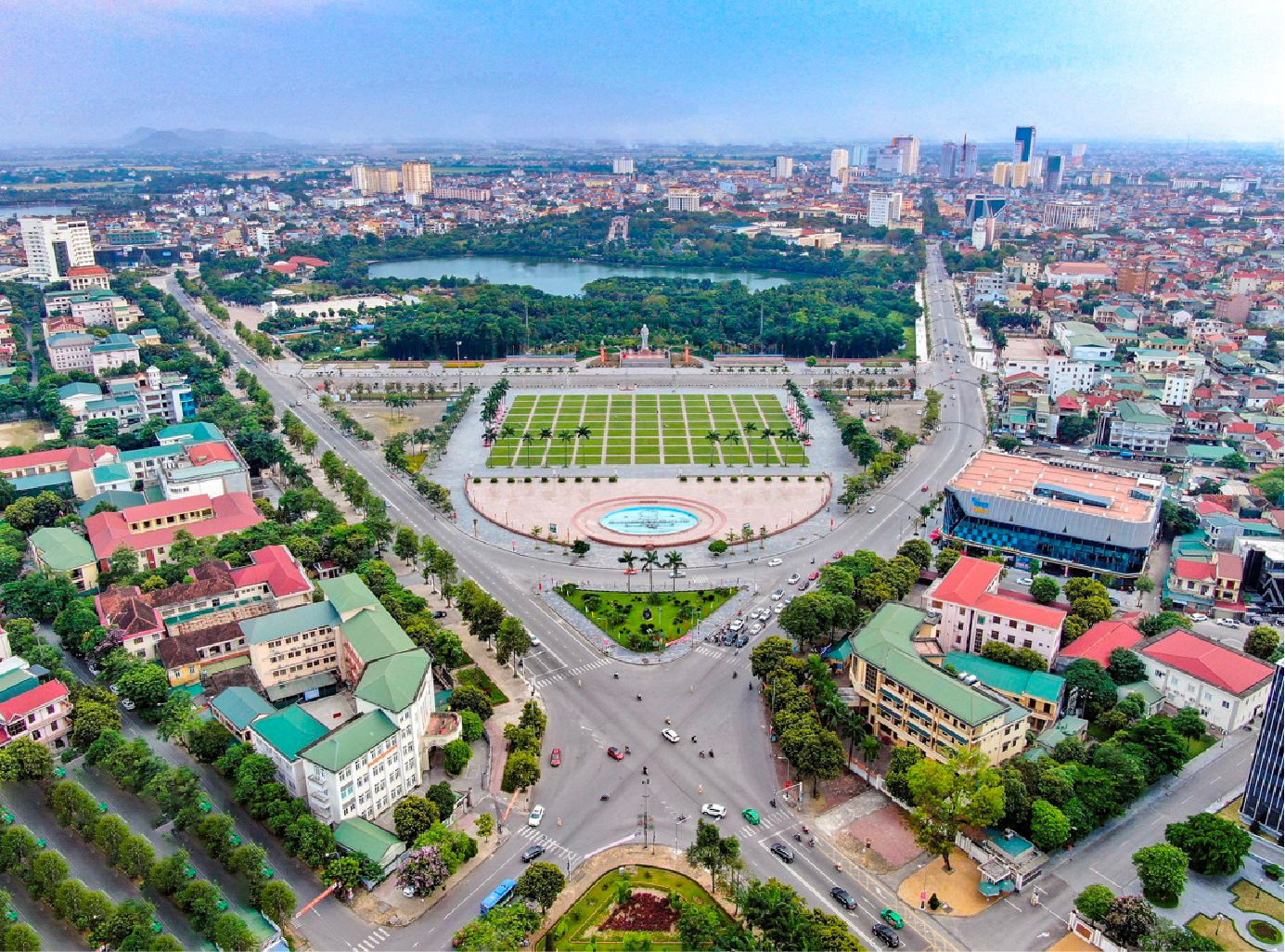
During his visit to Vietnam in January 2024, the US Deputy Minister of External Relations in charge of Economic Development, Energy, and the Environment, Mr. Jose W. Fernandez, said: “Vietnam has great potential to become a semiconductor power”. What do you think about his assessment?
As Mr. W. Fernandez has stated, Vietnam has many advantages in the two hottest fields right now: semiconductors and clean energy. Firstly, Vietnam has a very young labor force with a high level of education, which is a demographic advantage. Secondly, Vietnam has a domestic market of 100 million people with an export-oriented culture and knowledge of how to sell abroad. Because of all these advantages, Vietnam can help many countries achieve their supply chain diversification goals.
Fifteen US companies are ready to invest $8 billion in semiconductor materials in Vietnam. Some companies have committed to shareholders and customers to only use renewable energy. Meanwhile, Vietnam is a country with great potential in the field of renewable energy itself. These companies are waiting for innovations and expansion in renewable energy in Vietnam, as well as waiting for licenses to establish renewable energy systems in Vietnam.
Furthermore, Mr. W. Fernandez also spoke about cooperation in training high-quality human resources, technology, and the exploitation of rare earth elements with advanced technology that Vietnam currently does not possess.
Therefore, when the US cooperates with Vietnam in exploiting rare earth elements, the Vietnamese semiconductor industry will undoubtedly develop rapidly. The predictions of many rare earth and semiconductor manufacturers are that Vietnam will participate in the global semiconductor market within 5-7 years.
This is a very positive sign, and Vietnam has also presented amazing numbers. Specifically, Vietnam plans to train 500,000 workers and 50,000 engineers, including thousands of masters and PhDs in semiconductors by 2030.
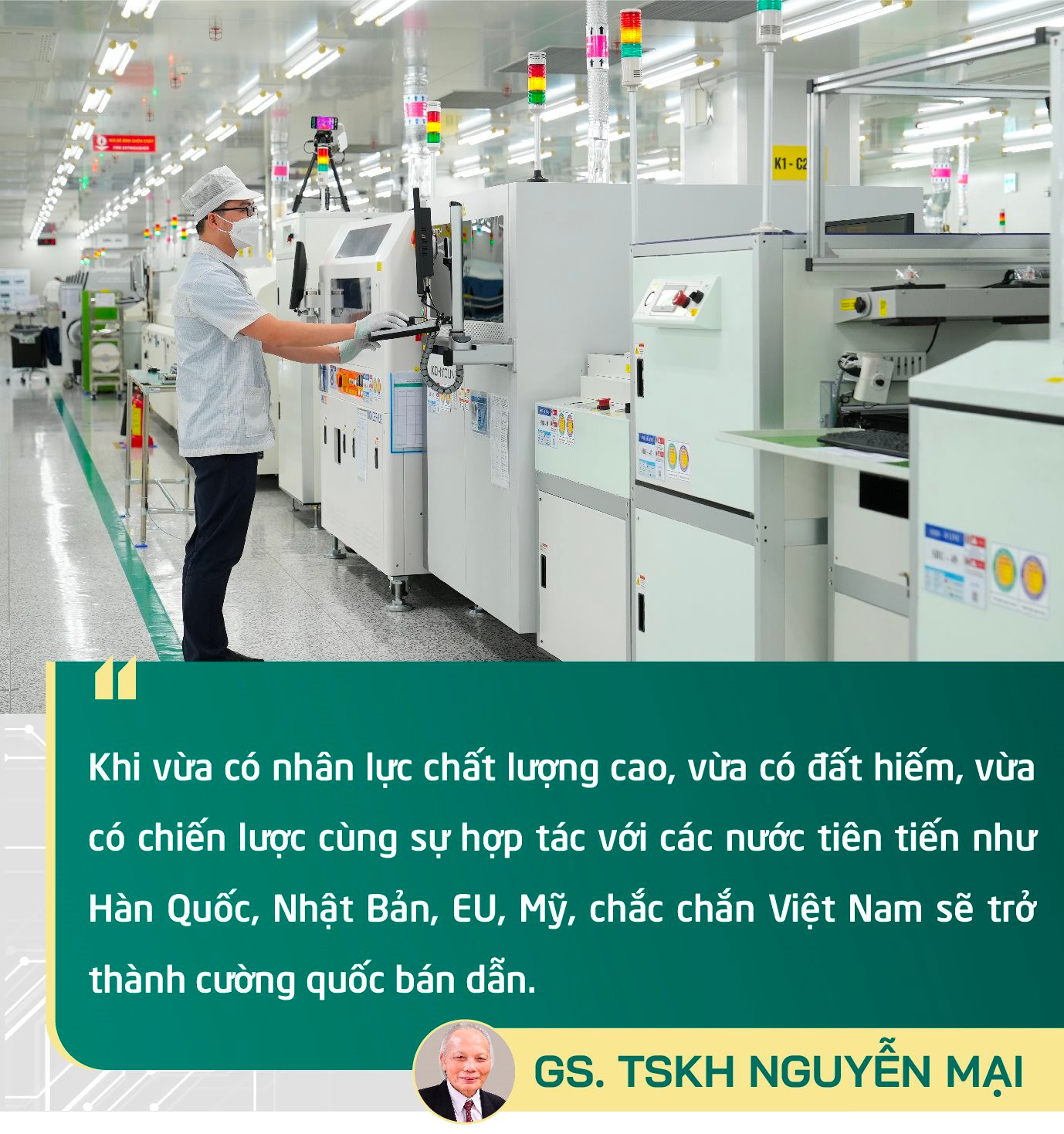
Therefore, Vietnam has overlapping advantages in attracting new FDI. When Vietnam has both high-quality human resources and rare earth elements, together with a strategy and cooperation with advanced countries such as South Korea, Japan, the EU, and the US, Vietnam will surely become a semiconductor power.

What is your forecast for the FDI attraction in 2024 and its impact on economic growth?
As we know, Apple has announced the completion of the transfer of 11 thousand factories manufacturing devices to Vietnam. Along with that, by 2025, Apple will transfer 65% of the AirPod product line, 20% of the iPad, 20% of the Apple Watch, and 5% of the MacBook production to Vietnam.
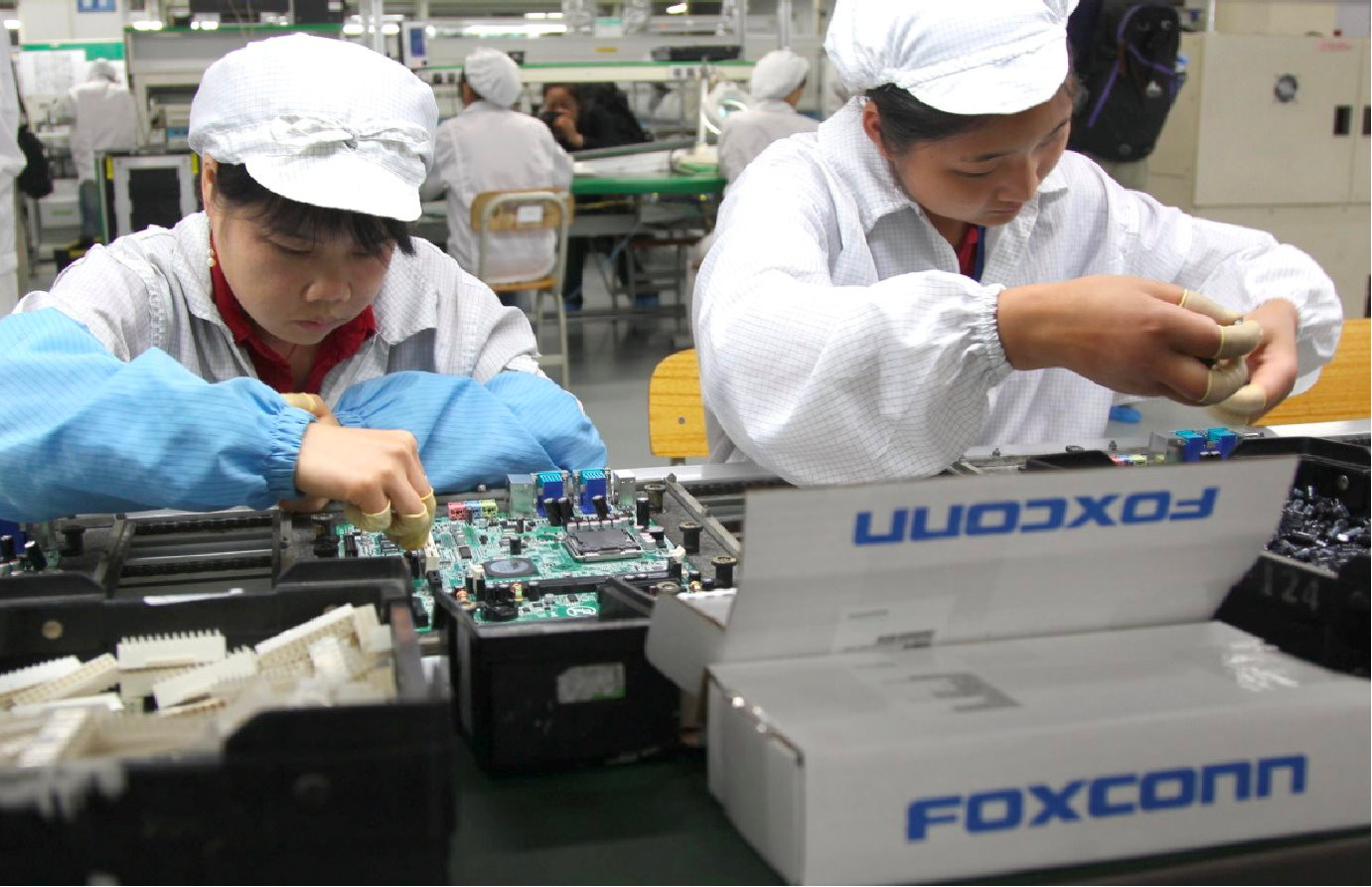
Moreover, Intel is also expanding the second phase of the microchip testing plant in Ho Chi Minh City with a total investment of up to USD 4 billion by 2025. US companies such as Boeing, Google, and Walmart have also announced plans to expand their supply chain network and production facilities in Vietnam.
Especially, Vietnam and China have signed 36 cooperation agreements. Meanwhile, the US has issued a full statement that recognizes the political regime of Vietnam…, all of these have never happened in the past. This creates favorable opportunities for us to attract efficient and high-quality foreign investment.
Currently, Vietnam has dozens of projects in advanced technologies, future technologies such as AI, big data, especially rare earths and semiconductors. Therefore, we hope that in 2024, there will be high-quality and efficient foreign investment, opening up prospects for 2025-2030 with new foreign investment into Vietnam with different quality and efficiency.
When we fully exploit FDI, it will significantly boost Vietnam’s economic growth. In 2024, Vietnam aims to achieve GDP growth of 6-6.5%. According to me, in reality, this growth rate is insufficient for a country like Vietnam. Vietnam needs to achieve at least 7-7.5% growth to catch up with and surpass other countries.
According to some organizations such as Standard Chartered Bank and Fitch Ratings, they forecast higher GDP growth for Vietnam, and there are even organizations that predict 7% growth. Therefore, in my opinion, the National Assembly has set a target of 6-6.5% GDP growth for 2024 that is too modest and can fully exceed 7%.
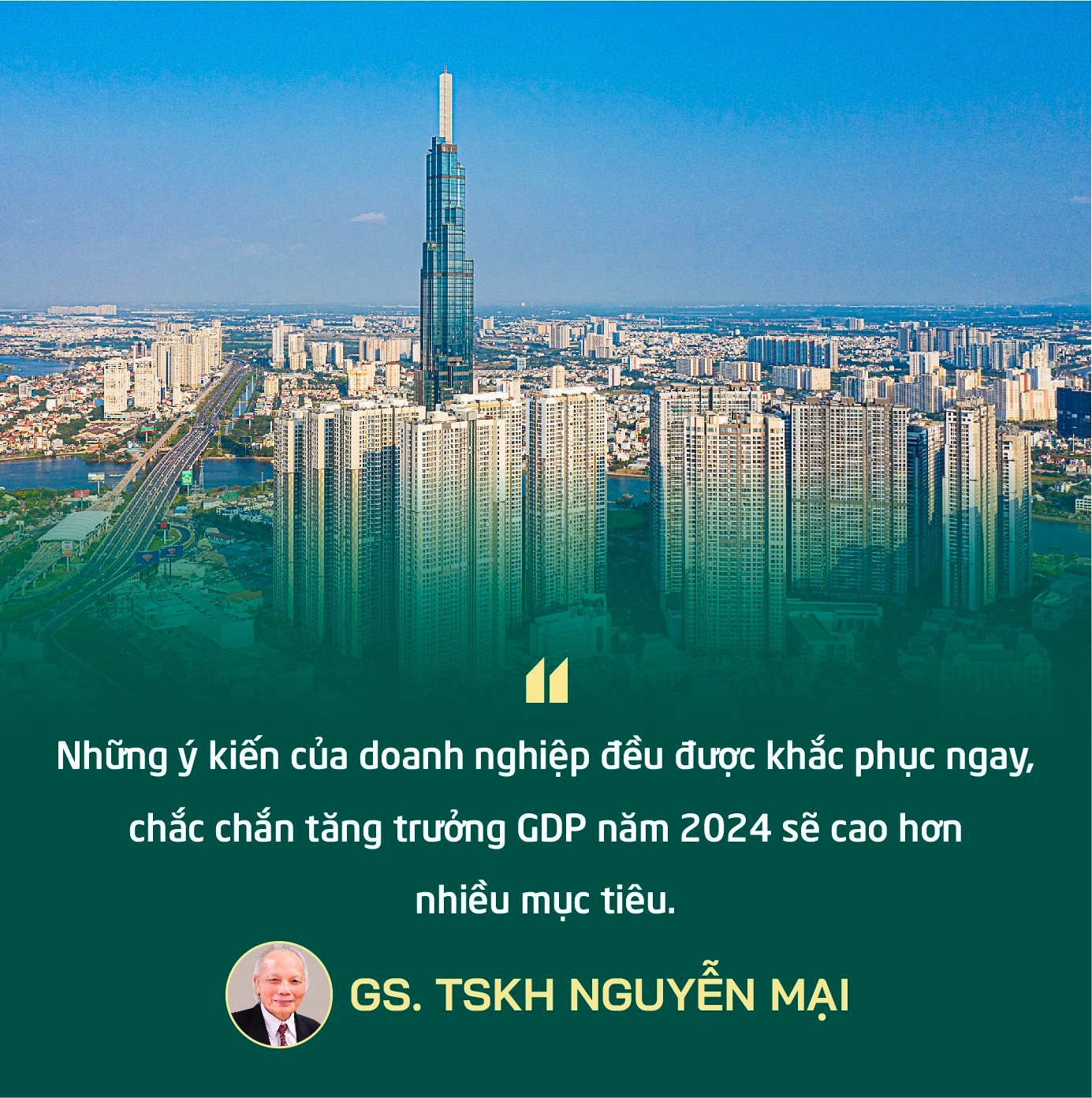
Because we have learned two lessons. Firstly, the lesson in macroeconomic management, especially for businesses, and all the opinions of businesses have been promptly addressed, so GDP growth in 2024 will be much higher than the target. Secondly, we have learned from global issues. Vietnam is one of the countries that the world has assessed as responding very quickly to global fluctuations.
Based on these two foundations, I believe that Vietnam’s economic growth in 2024 will be high as we overcome issues and maximize our advantages.





